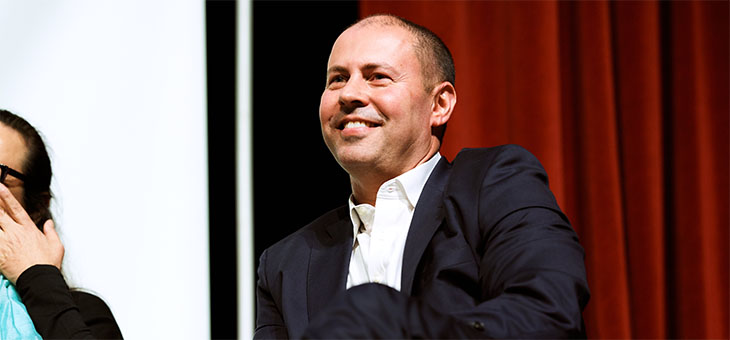The Australian Consumer and Competition Commission (ACCC) is progressing with plans to introduce the most reliable, secure and efficient way to share data with energy service providers under the Government’s Consumer Data Right (CDR) reforms.
A statement from Treasurer Josh Frydenberg said the CDR provided consumers with greater access to their personal information and would provide them with the power to instruct businesses to provide safe and secure access of their data to trusted third parties.
Thirty per cent of electricity consumers do not switch providers due to the effort required and 22 per cent due to lack of information.
“Extending the Consumer Data Right to energy builds on the progress already made applying it to the banking sector, through what is known as open banking,” Mr Frydenberg explained.
Legislation for open banking was passed on 1 August 2019. From February 2020, for the first time, consumers will have greater access to information that banks hold on them and will be able to use it to shop around and get a better deal.
“Giving consumers more control over their data will support the development of more convenient products and services that are customised to individuals’ needs, encouraging more competition, lower prices and better switching between electricity plans and providers,” Mr Frydenberg said.
A consumer would be around $1000 better off by switching from the worst to the best electricity plan in both NSW and South Australia.
The ACCC has chosen the Australian Energy Market Operator (AEMO) “gateway model” as the preferred data access model.
Under this model, AEMO provides data on consumers’ electricity arrangements from their current provider to trusted third parties when authorised by the consumer.
“Sharing information such as a household’s current energy deal and consumption pattern with other energy service providers will enable a consumer to find the best deal for them,” said ACCC commissioner Sarah Court.
“This will enhance transparency and put consumers into the driving seat when it comes to comparing confusing deals, so they can find new and innovative offers that best suit them.”
Do you compare energy deals regularly? Do you find the process confusing? Do you think this system will make it easier to compare?
If you enjoy our content, don’t keep it to yourself. Share our free eNews with your friends and encourage them to sign up.
Related articles:
Money woes claim extra two million
Mortgage debts ruining retirements
Bad funds to be named and shamed

